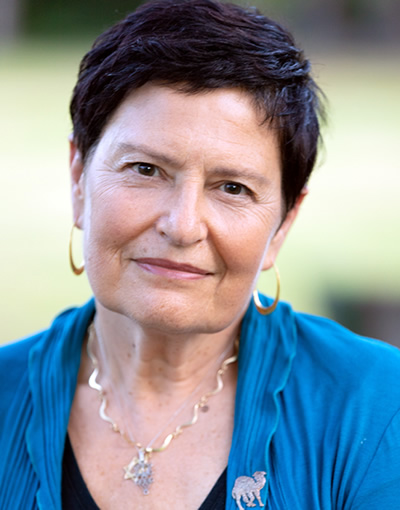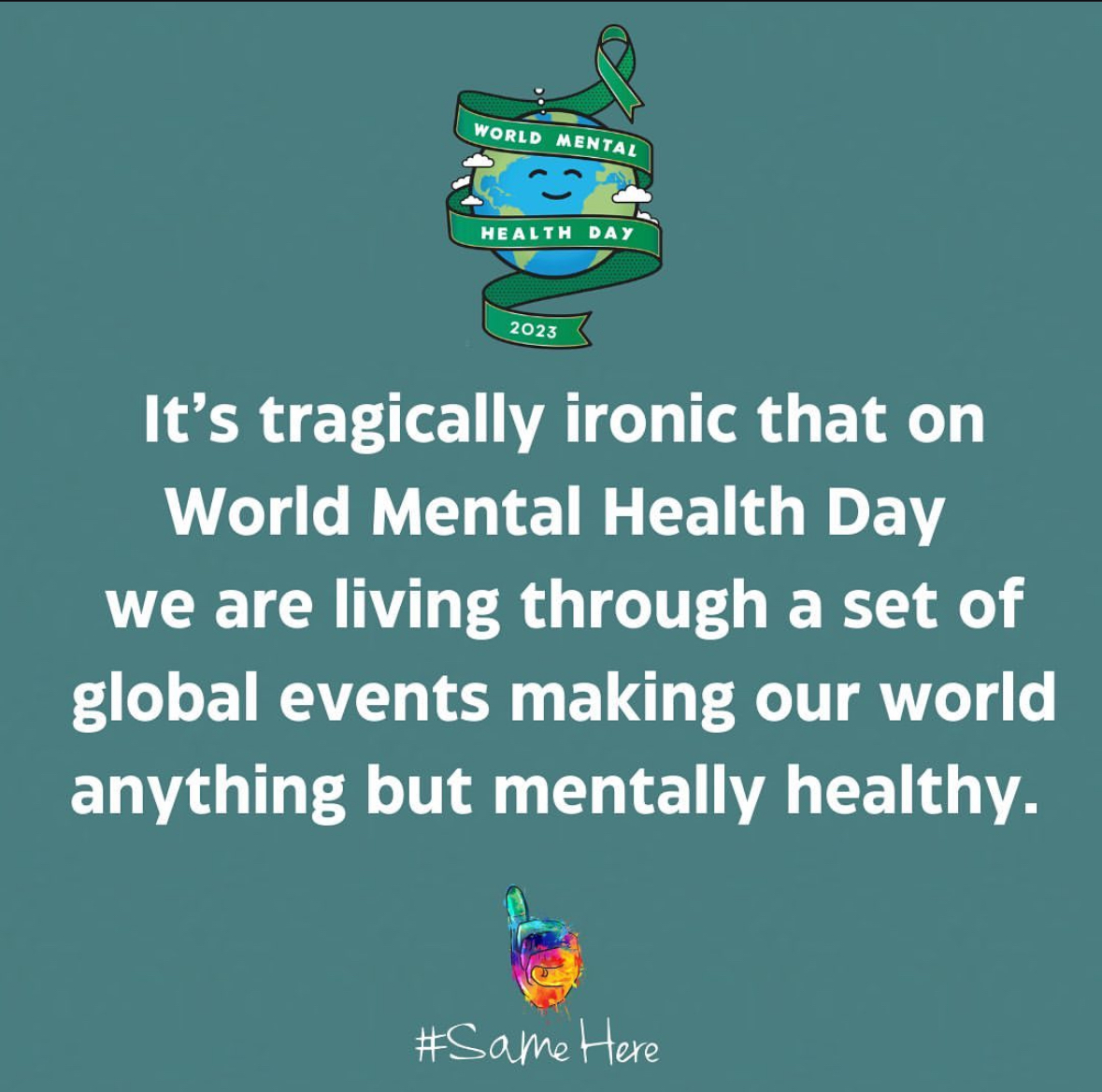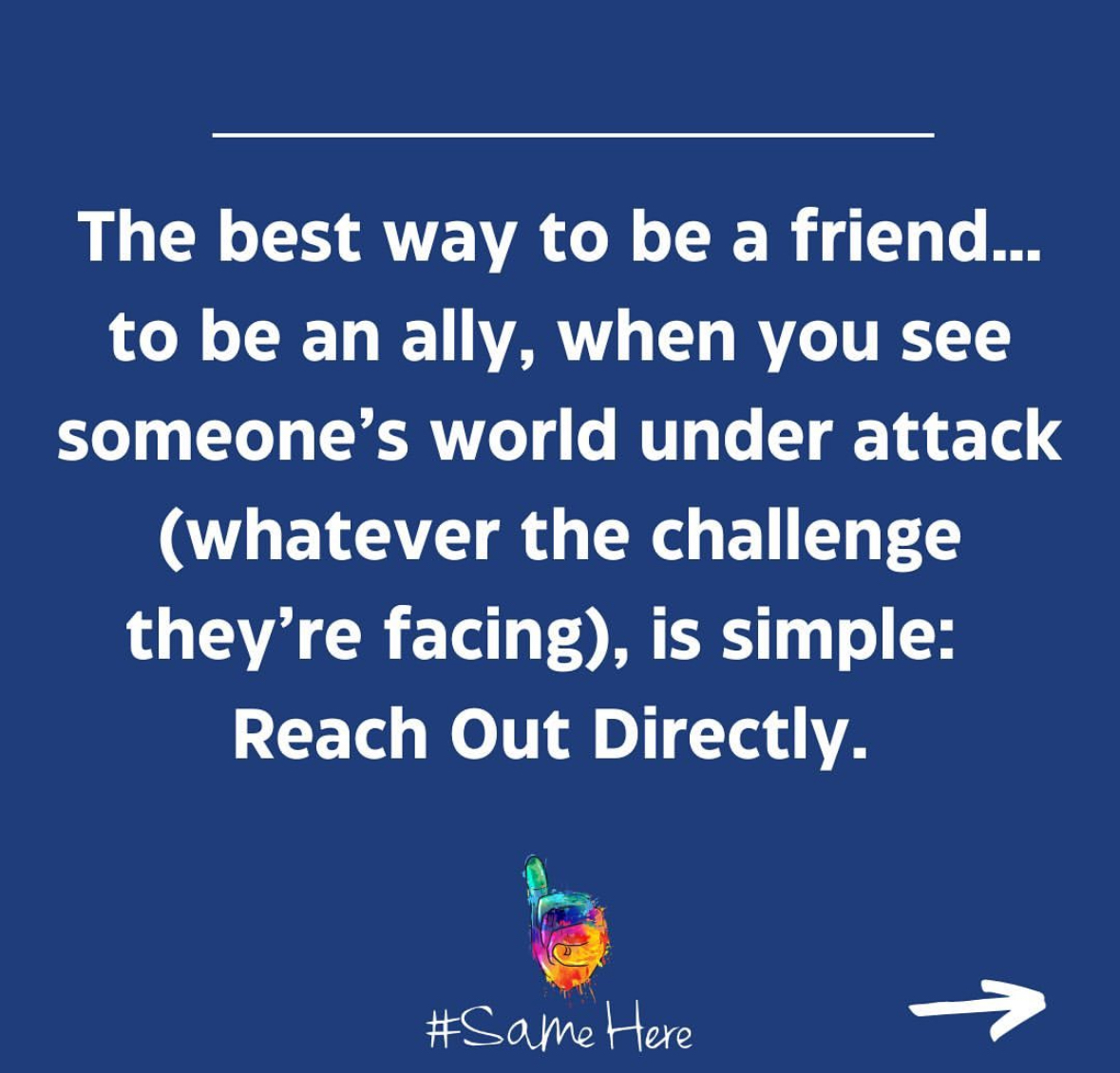Board Certified Adult & Child Integrative Psychiatrist
Faculty Psychiatry at Harvard Medical School Serves on faculty for the Cambridge Health Alliance Has been featured in numerous media outlets for her expertise on Diet, Brain-Gut Connection, & Integrative Medicine. Expert in Accelerated Resolution Therapy, Dynamic Neural Retraining System (DNRS) & the Walsh Approach Trained in a variety of energetic approaches including Body Intuitive, Reiki, Astrology, the Tarot & Shamanism




